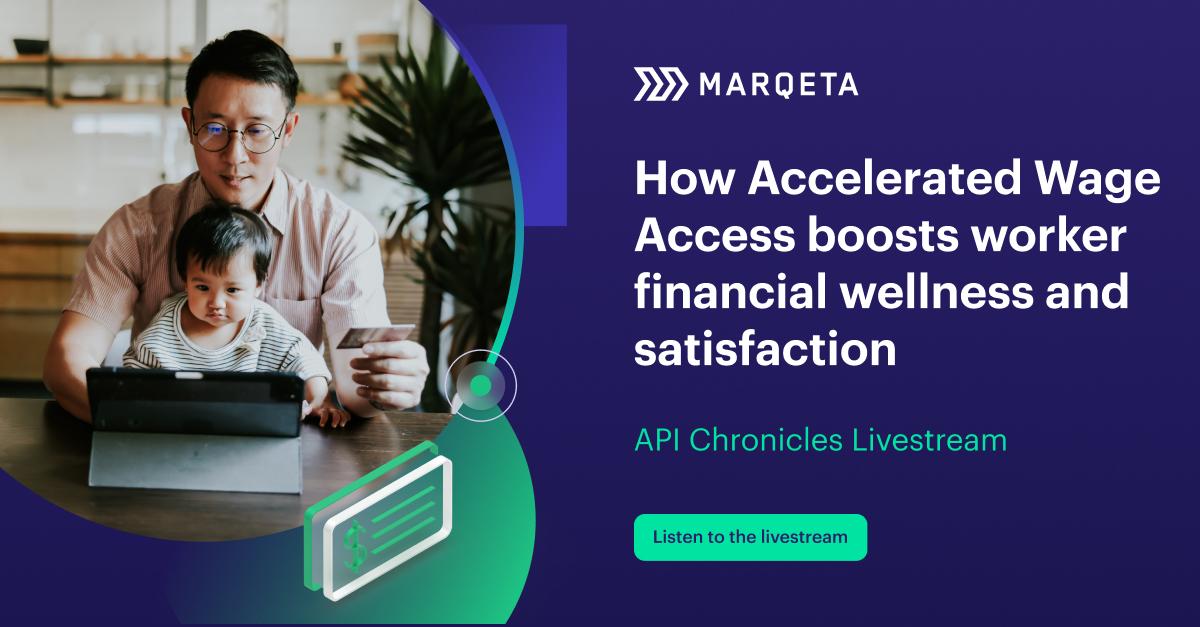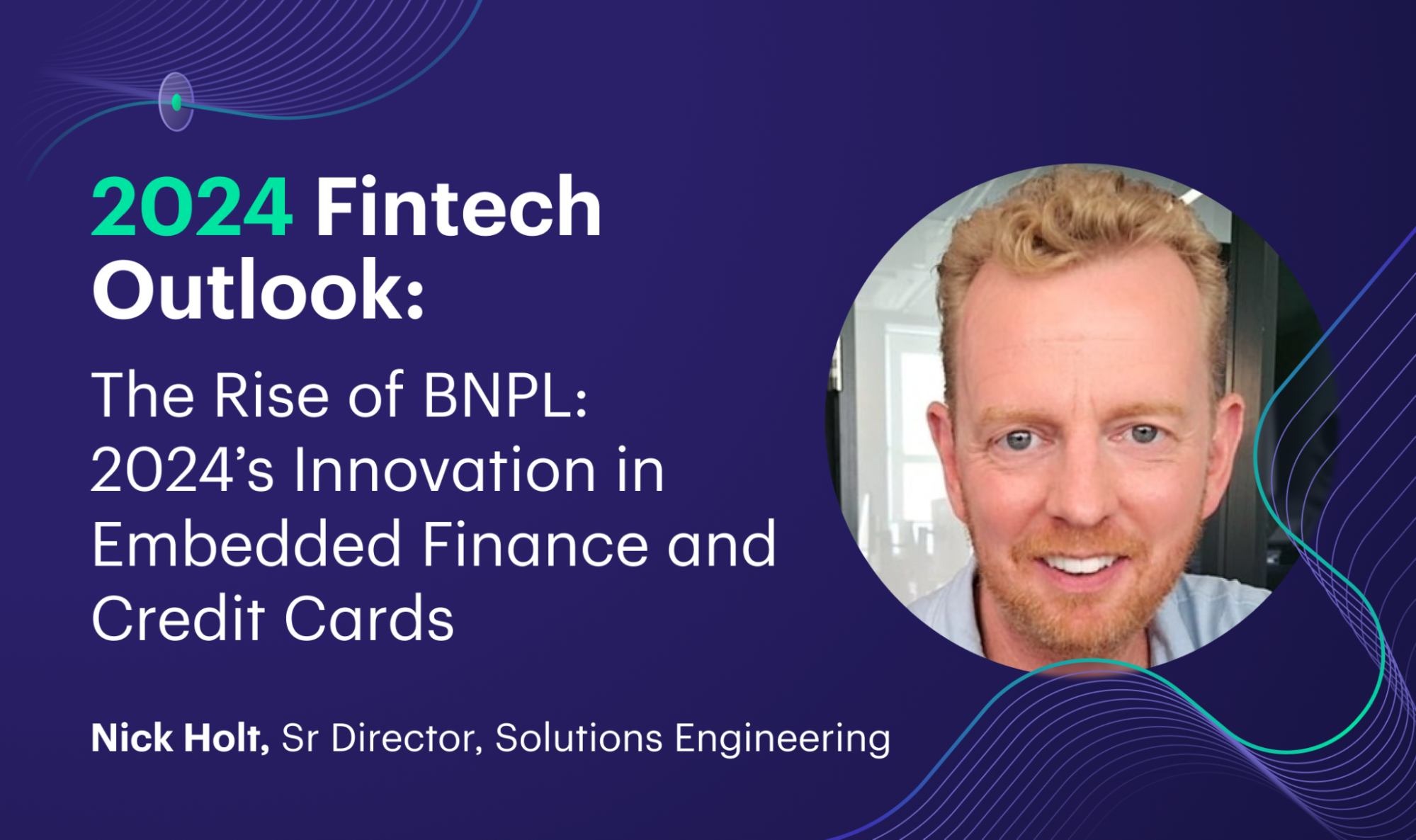The myth that only people in developing countries find it hard to gain a foothold in the financial system was thoroughly dispelled by recent figures from the Financial Conduct Authority. According to the regulator, a staggering 1.3m UK adults are without a bank account.
And it’s a fair bet that the challenges this community faces are compounded by the ongoing cost of living crisis, which is affecting many parts of Europe if not the world. To find out more about the innovators working to support the unbanked or underbanked, Marqeta gathered together four thought leaders in this space for a special API Chronicles livestream titled Embracing diversity: how modern APIs are powering financial inclusion.
They were: Carla Hoppe, founder of Wealthbrite, Payal Dalal, Senior Vice President of Mastercard’s Centre for Inclusive Growth, Nina Mohanty, co-founder of Bloom Money, and Tynah Matembe, CEO and founder of MoneyMatiX.
In an expansive and engaging conversation led by The Banker’s inimitable Liz Lumley, the panel explored the key issues around financial inclusion, from best practice in financial education to the benefits of a digitised economy, plus much more. Here’s a summary of what they had to say.
End users need to be at the heart of the design process
A recurring theme throughout the discussion was the need for financial services providers to ensure end users are able to inform product design. On this topic Nina from Bloom Money made salient points based on her experience of talking to different communities in Lewisham, London. She said:
“At the end of the day, someone in your team should be speaking to the end customer. It doesn’t need to be the CEO but there should be someone in any product team that is actually taking the time to go and speak to people.
There should always be someone that’s fighting the corner of your end customer. I guarantee that it will change your perspective.”
Tynah from MoneyMatiX reinforced this view, saying that “feet on the street literally has to be the case”, but added that it needed to be backed up by actions, measurement and accountability so that the end user could “see themselves in the journey”.
Later the conversation moved on to the Centre for Inclusive Growth’s experience of a wages digitisation project for female garment workers. Payal described the benefits of the initiative: “There’s an upside from the factory owner perspective, because it makes things a lot more efficient. But it leads to incredible outcomes for the garment workers themselves because all of a sudden, they have their money in a mobile wallet. They’re not walking back to their village with loads of cash, and they have more clarity and transparency over their finances.” However, she cautioned: “It wasn’t a transition that happened smoothly overnight.
With the Centre for Inclusive Growth we worked with the garment workers and their families to really help build trust in their digital wallets – that the money was still going to be in a digital wallet the next day.” Part of the success, Payal added, lay with communicating the benefits via peers rather than organisations, along with engaging fathers, husbands and brothers to help men in the communities understand that the wages were the women’s assets.
This in turn improved financial wellbeing among the garment workers.
Financial inclusion is about more than products
The panel also advocated strongly that financial inclusion went beyond a mere “product play”, with Carla from Wealthbrite picking up the topic: “For me, the big thing here in terms of talking about financial inclusion, is that it’s not just a product play. At Wealthbrite, we’re really on a mission to ensure that people are financially capable and confident in dealing with the financial system as we are about making sure they have access to products in as equal a manner as possible.
“Observing the people we’re working with, there are two things that stand out. One is a lack of confidence in doing the language of the financial system. The jargon is often a major barrier of access. And the second thing is the ability, the capabilities, the knowledge to know how, and again, confidence in being able to critically assess the pros and cons of products that are actually out there.”
The most effective financial education is delivered in the moment
This brought the discussion on to financial education, with Payal making strong points around the need for an “actionable” approach to teaching financial literacy. “I agree financial inclusion isn’t solely about products. It’s about the wraparound services, but it’s also about building trust and capability. How education is delivered is the key. What we’ve seen in randomised control trials around the world on financial literacy is that it doesn’t work in its current form of classroom-based models. Retention is less than 1 per cent. And this is because in the old school classroom model, it’s abstract.
“So, what we’re seeing in terms of the literature and our own programmes within the Centre for Inclusive Growth, is that you really have to make education actionable, and just in time. I think what we have to do as an industry is really move towards what works – making it really actionable, creating a nudge just as a transaction is happening.”
How APIs are enabling financial inclusion innovations
Nina from Bloom Money brought the discussion to a close by describing the power of API technology to transform financial inclusion tools. She said: “Over the past 10, 20 years we’ve seen lots of businesses building out their own platforms from scratch. This makes it a lot easier for us to be able to go and build on top of that – they walked so we could run. “And what I really love about where we are right now in fintech is that we can go to any number of technical service providers and just stitch together a bunch of APIs and really focus on a particular segment. So for us, that’s diaspora communities.
I’m really bullish on public APIs and being able to consume data across different ecosystems. And so I’m really excited for what that means for us moving forward.”
Watch the Embracing diversity: how modern APIs are powering financial inclusion livestream in full here.




